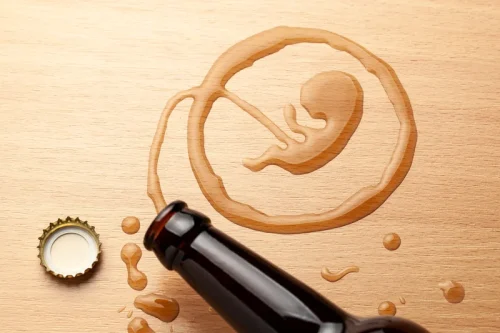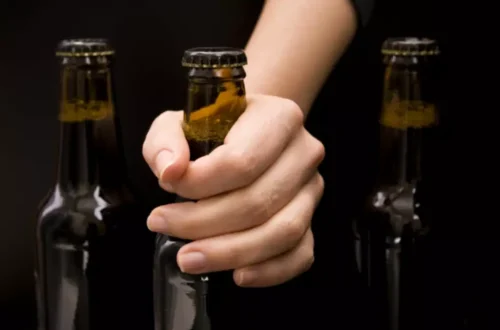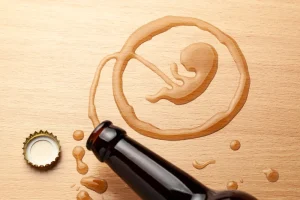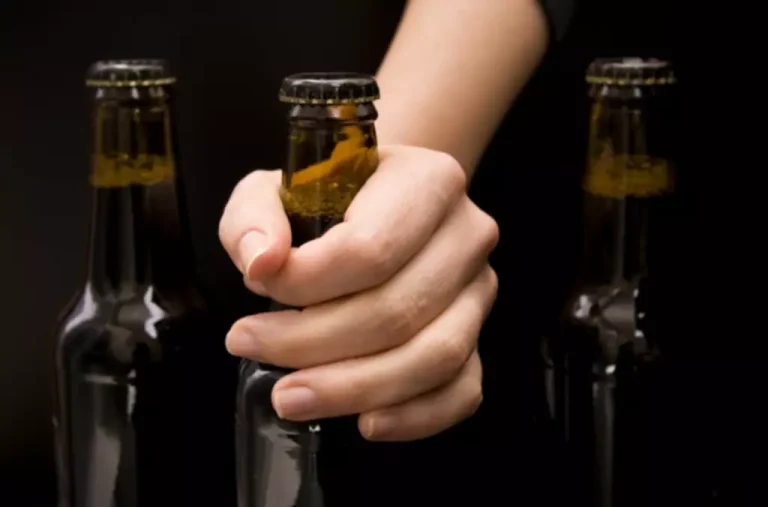
After this, more life-threatening symptoms such as chest pain, seizures, or delirium tremens can occur. Detoxification is often the first formal step in treating alcohol dependence, helping to safely manage withdrawal symptoms under medical supervision. Depending on the severity of the dependence, medications may be prescribed to ease withdrawal symptoms and support recovery. While detox addresses the issue of alcohol dependence, ongoing treatment is required to tackle the psychological component of alcohol use disorder. Regardless of whether medical care is needed to stop the shakes, it is important to also follow-up for ongoing alcohol treatment after tremors and other withdrawal symptoms pass. The above medications are typically used in cases of moderate to severe withdrawal, so if you are experiencing only mild withdrawal symptoms, tremors may simply stop without any medication.

Seeking Professional Help
- To effectively manage alcohol shakes, seeking professional help is crucial, especially if the symptoms indicate withdrawal.
- This physiological response indicates the nervous system’s readjustment to the absence of alcohol.
- Part of the issue may be the sedative effects of drinking alcohol, and how that conditions your nervous system.
- Managing alcohol shakes effectively requires a combination of medical supervision and lifestyle adjustments.
Alcohol shakes are involuntary, rhythmic shakings, mostly noticed in the hands. Considering alcohol shakes are a precursor of DT, it’s important to take them seriously. In many cases, they are a withdrawal symptom that can subside naturally, but assuming alcohol shakes can’t develop into something more serious is a mistake. Located in beautiful South Florida, Archstone Behavioral Health offers a serene and comforting environment for your treatment and healing journey. Our approach to treatment stands out from typical detox programs Florida centers provide.
Medical Treatment For Alcohol Shakes
- From avoiding stressful situations as often as possible to exercises for hand tremors, there are ways to manage and even lessen hand tremors before they begin to severely impact your daily activities.
- Excessive drinking often leads to hangover shakes, which are characterized by uncontrollable trembling or shaking — usually most noticeable in your hands.
- If you opt for outpatient treatment, you’ll likely be given sedative drugs to take at home to ease withdrawal symptoms and have to get routine blood tests to make sure you’re staying on track.
- Of course, there are more serious reasons you might feel shaky after drinking, including alcohol withdrawal, and we’ll explore those as well.
- In someone who doesn’t drink often, shaking the day after excessive drinking could be the result of physiological changes like low blood sugar.
She has spent the past 5 years specializing in the treatment of opioid and alcohol use disorders. Your physician may need to perform a general physical examination and neurological examination to diagnose alcohol tremors. Moreover, your alcohol history, the time since you are alcohol-free, and when the tremors first appear can also help diagnose alcohol tremors. Also referred to as “liver flap” this alcohol tremor can often be witnessed when the person’s hands and wrists are extended outward as another person pushes back on their hands. This phenomenon, which is usually present in the early stages of hepatic encephalopathy is sometimes likened to a bird flapping its wings.

Impact of Chronic Alcohol Use on the Body
Upon cessation, the body attempts to compensate for this imbalance, which can cause shakes and other withdrawal symptoms. It’s possible that those shaky hands are just the result of a hangover from a night of binging. While binge drinking is itself a problem, it doesn’t necessarily equate to full-blown alcoholism. People sometimes use the term “hangover shakes” to describe this phenomenon. It’s possible that alcohol and shaking hands those shaky hands are just the result of a hangover from a night of binging.

Hangover Causes, Symptoms & Remedies
Instead, it is important to seek out an alcohol detox program, where you will be medically monitored and assisted through the withdrawal process. After your body successfully detoxes, you’ll be able to transition to a different area of treatment and work toward recovery from your alcohol use disorder. Delirium drug addiction treatment tremens, however, is a severe form of alcohol withdrawal syndrome characterized by sudden and severe changes in mental status, including confusion, disorientation, hallucinations, and agitation.
- However, when someone drinks alcohol regularly, their body adapts to its presence in their system.
- It simultaneously increases the number or sensitivity of receptors that bind to glutamate, another neurotransmitter, in a bid to counter the sedative effects of alcohol.
Alcohol shakes can happen from both alcohol withdrawal and from excessive alcohol consumption. Aftercare is a vital component of the recovery process for individuals experiencing alcohol shakes, as it provides continued support and resources necessary for long-term sobriety and health. These programs are designed to help individuals navigate the challenges of reintegrating into daily life without reliance on alcohol, minimizing the risk of relapse and the recurrence of alcohol shakes. Alcohol acts as a depressant, slowing down brain activity and impairing coordination. As the body metabolizes alcohol, it can lead to withdrawal symptoms if consumed in excess or if there’s a sudden cessation after heavy drinking.

Can Sleep Disorders Persist Long After Alcohol Withdrawal?
In severe cases of dehydration, intravenous (IV) therapy might be necessary. This delivers fluids and electrolytes directly into your bloodstream for rehydration. Everyone metabolises alcohol differently, and a variety of individual factors can influence how your body reacts to a night of drinking. Heavy drinking can interfere with your body’s ability to absorb essential nutrients, including vitamins and minerals. These nutrients are crucial for nerve function, muscle health, and overall well-being. Vitamin B1 deficiency can also lead to more severe neurological issues such as Wernicke-Korsakoff Syndrome (WKS), a condition marked by confusion, co-ordination problems and memory loss.
Due to the potential for adverse effects, antipsychotic medication is usually only used in extreme circumstances and under strict medical care. Treatment approaches that use antipsychotics can make the recovery process safer by addressing the complex neurochemical imbalances that occur during alcohol withdrawal. Antipsychotics are necessary for some clients as they help regulate mood, decrease hallucinations, and avoid future difficulties, ensuring the safety of those undergoing alcohol detox. In extreme situations of agitation and hallucinations brought on by alcohol withdrawal, doctors may prescribe antipsychotic drugs like haloperidol. MAT is most successful when used in conjunction with other forms of therapy, such as counseling; self-help, 12-step, or peer focussed programs; and behavioral treatments.

Levels of Care
- For those recovering from an alcohol abuse disorder, making it through the weeks of withdrawal symptoms can be one of the biggest hurdles to overcome.
- Understanding these distinctions helps identify the cause of shaking hands more accurately.
- Therefore, detoxification under medical supervision is always the safest option.
- In some cases, hand tremors may indicate neurological issues or degenerative disease.
- These shakes occur as your nervous system struggles to adapt to the absence of alcohol, a substance it has grown dependent on.
Accompanying symptoms often include excessive sweating and an increased heart rate (tachycardia). These physiological responses are part of the body’s fight-or-flight reaction during withdrawal. Chronic alcohol consumption can lead to nutritional deficiencies, particularly in vitamins B1 (thiamine) and B6 (pyridoxine).
To compensate for the sedative effects of alcohol, the brain releases more excitatory neurotransmitters than normal, which ramps up nerve activity and keeps the body in a more awake state. These changes in brain chemistry are part of the reason why long-term heavy drinkers often don’t appear drunk. In addition, it is an especially good alternative treatment for essential tremor, especially for those who cannot readily take essential tremor medicine or those who have built up a tolerance to it.
